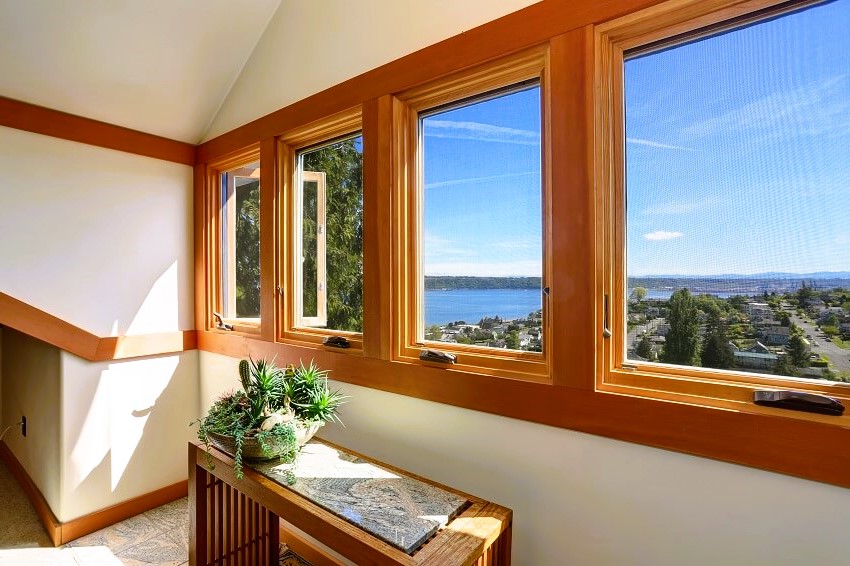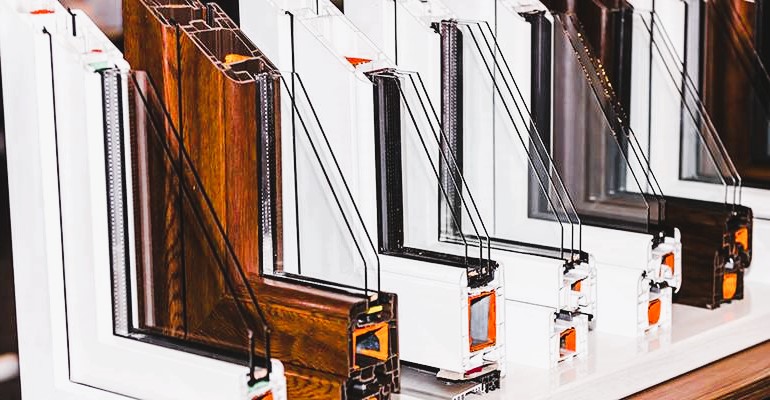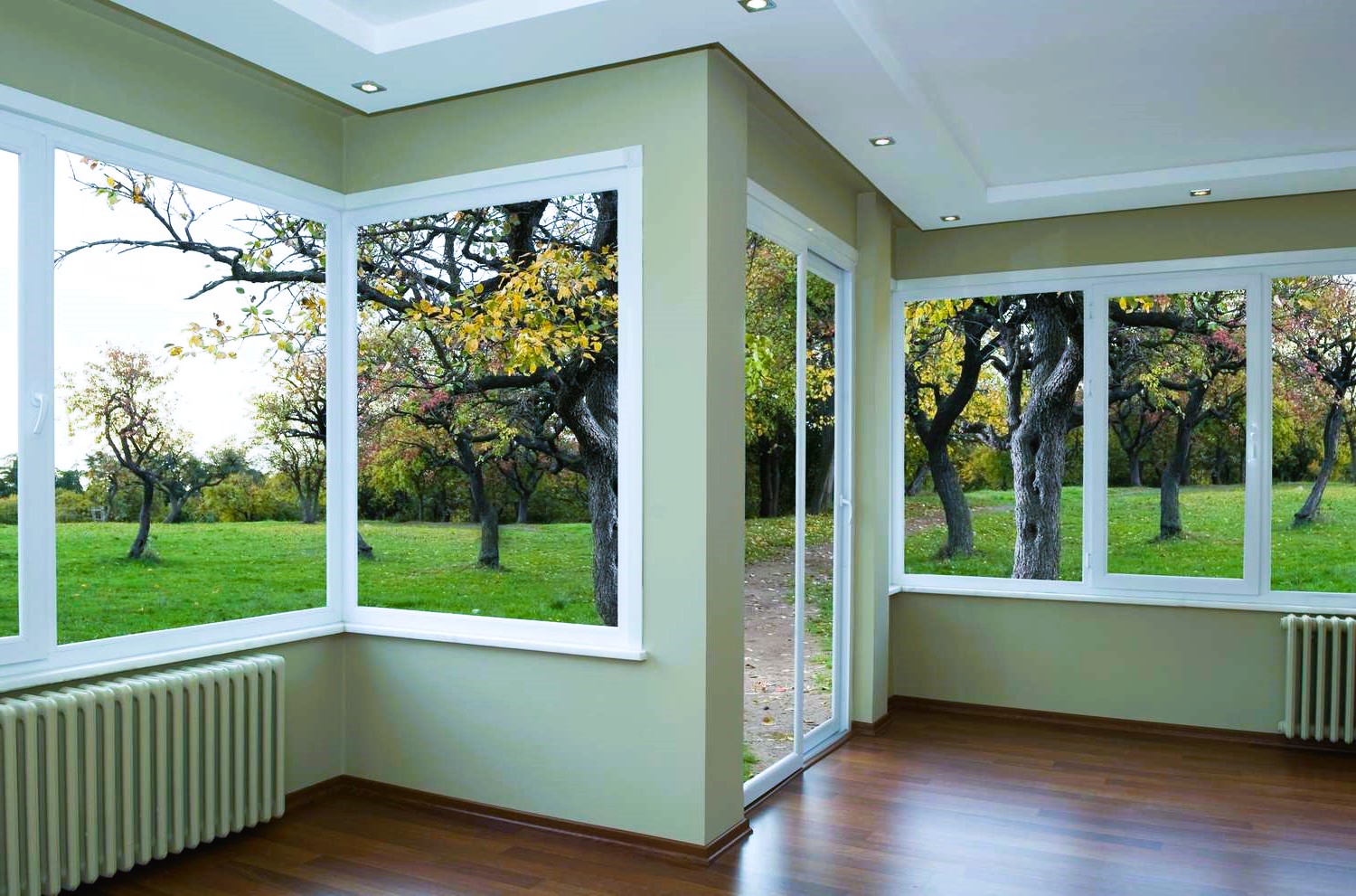Selecting the right window frame material is a crucial decision when upgrading or installing new windows in your home. Two of the most popular options available today are wood and vinyl. Each material comes with its unique set of advantages and considerations. In this comprehensive guide, we will explore the pros and cons of wood and vinyl window frames to help you make an informed choice.
Wood Window Frames
Pros of Wood Window Frames
- Timeless Aesthetics: Wood window frames offer a classic and timeless appearance that complements various architectural styles. They provide warmth, character, and a natural beauty that can enhance your home’s curb appeal.
- Excellent Insulation: Wood is a natural insulator, making wood window frames effective at reducing heat transfer. They help maintain a comfortable indoor temperature year-round, potentially leading to energy savings.
- Customization: Wood frames can be customized to match your specific design preferences. You can paint or stain them to achieve the desired look and change the finish as your tastes evolve.
- Longevity: Well-maintained wood window frames can last for decades. With proper care, they can withstand the test of time and continue to enhance your home’s aesthetics.
Cons of Wood Window Frames

- Maintenance: Wood frames require regular maintenance, including painting or staining and sealing to protect against moisture, rot, and decay. Failure to maintain them properly can lead to durability issues.
- Cost: Wood window frames are typically more expensive than vinyl frames, both in terms of material cost and maintenance expenses.
- Vulnerability to Weather: Wood frames can expand and contract with changes in humidity, which may lead to operational issues or drafts if not properly sealed or maintained.
Vinyl Window Frames
Pros of Vinyl Window Frames
- Affordability: Vinyl window frames are often more budget-friendly than wood frames, making them an attractive option for cost-conscious homeowners.
- Low Maintenance: Vinyl frames are virtually maintenance-free. They are resistant to moisture, insects, and rot, eliminating the need for regular painting or staining.
- Energy Efficiency: Many vinyl window frames are designed with energy efficiency in mind. They often feature multi-chambered designs and insulation, reducing heat transfer and potentially lowering energy bills.
- Durability: Vinyl frames are highly durable and can withstand harsh weather conditions without warping, fading, or corroding. Do you like the article? We also recommend reading about Low-E Glass.
Cons of Vinyl Window Frames
- Limited Aesthetics: While vinyl frames have come a long way in terms of aesthetics, they may not offer the same level of architectural charm and warmth as wood frames.
- Color Options: While vinyl frames come in a range of colors, they are not as customizable as wood frames. You may be limited in your ability to change the color after installation.
- Environmental Considerations: Vinyl is a synthetic material, and its production and disposal can have environmental impacts. However, some manufacturers offer eco-friendly options.
Choosing the Right Material for You

When choosing between wood and vinyl window frames, consider the following factors:
- Aesthetics: If you prioritize the classic look of wood and are willing to invest in maintenance, wood frames may be the right choice. If budget and low maintenance are more important, vinyl frames may be preferable.
- Climate: Your local climate can influence your decision. In areas with extreme temperature fluctuations and high humidity, vinyl frames may be more suitable due to their durability and resistance to moisture.
- Budget: Determine your budget for both the initial installation and long-term maintenance. While wood frames may have higher upfront costs, they may be more cost-effective in the long run with proper maintenance.
- Environmental Concerns: If eco-friendliness is a priority, research vinyl window manufacturers that offer sustainable and recyclable options.
Conclusion
Choosing between wood and vinyl window frames ultimately depends on your personal preferences, budget, and maintenance capabilities. Both materials have their merits, and the right choice for you will be based on your unique needs and priorities.
For more information on window frame materials and standards, visit Canada.ca. Remember to consult with a professional window installer to ensure that your chosen frames meet your specific requirements and are properly installed to maximize their performance and longevity.




